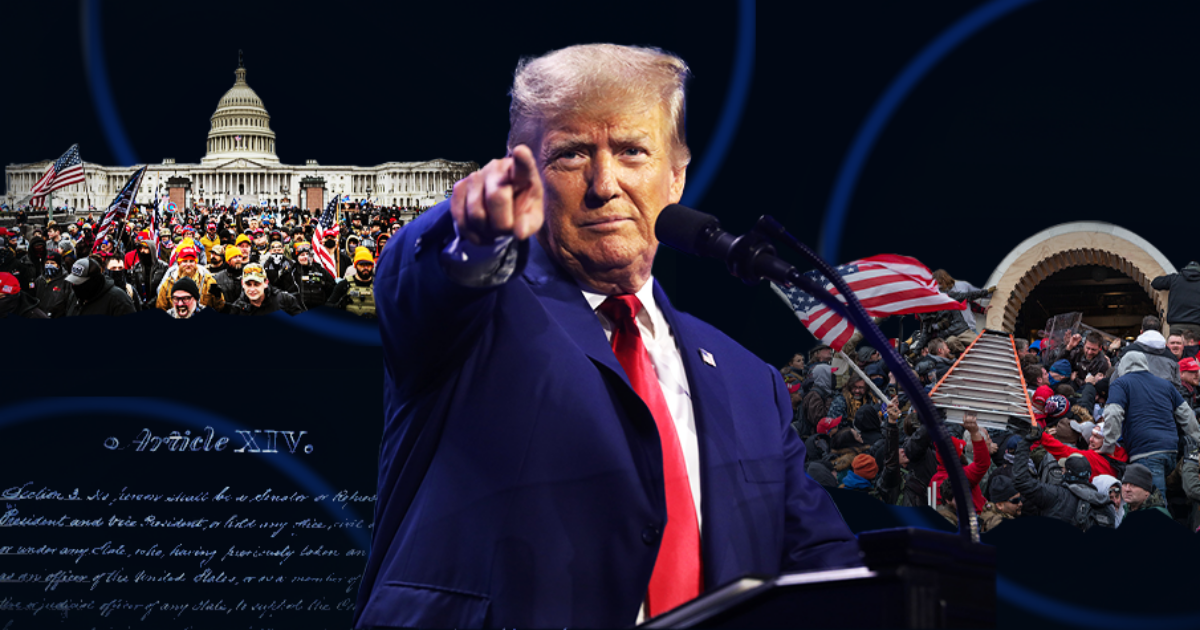
The Colorado Supreme Court and Maine’s Secretary of State have taken a bold stance by disqualifying former President Donald Trump from appearing on the Republican primary ballots in 2024 (Photo: citizensforethics)
Legal and Political Ramifications of Donald Trump’s Eligibility
The Colorado Supreme Court and Maine’s Secretary of State have taken a bold stance by disqualifying former President Donald Trump from appearing on the Republican primary ballots in 2024. This decision is based on his alleged involvement in the events that led to the disturbing January 6, 2021 riot at the Capitol Building during the counting of electoral votes from the 2020 presidential election.
It revolves around Section 3 of the Fourteenth Amendment, which initially aimed to prevent individuals engaging in insurrection from holding certain offices, including the presidency. Although the term “President or Vice President” was consciously omitted from the final version of Section 3, its disqualification of presidential and vice-presidential electors engaged in “insurrection or rebellion” may imply an intent by the framers not to cover presidents or vice presidents in the provision.
The Section progressively disqualifies insurrectionist senators, representatives, civil and military officers, members of any state legislature, and state executive or judicial officers, hinting at a careful hierarchy that may exclude the President or Vice President from its scope.
READ ALSO: Biden Faces Uphill Battle In Judicial Appointments, Struggles To Surpass Trump’s Pace
This bold legal move raises significant questions about the interpretation and application of Section 3 of the Fourteenth Amendment, garnering considerable attention from legal scholars and political commentators.
By disqualifying Trump from appearing on Republican primary ballots, the Colorado Supreme Court and Maine’s Secretary of State seem to have ignited a debate that delves deeply into the intricate nuances of constitutional law and political ethics, shaping the discourse around the future of political participation and accountability.
READ ALSO: 2024 Predicted To Unfold As An Eventful Year In US Politics
























